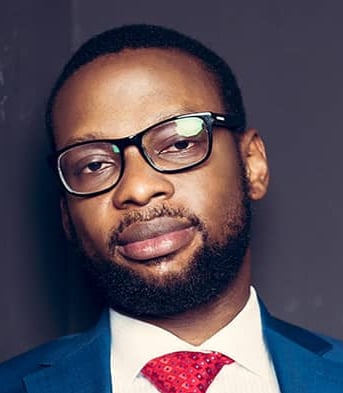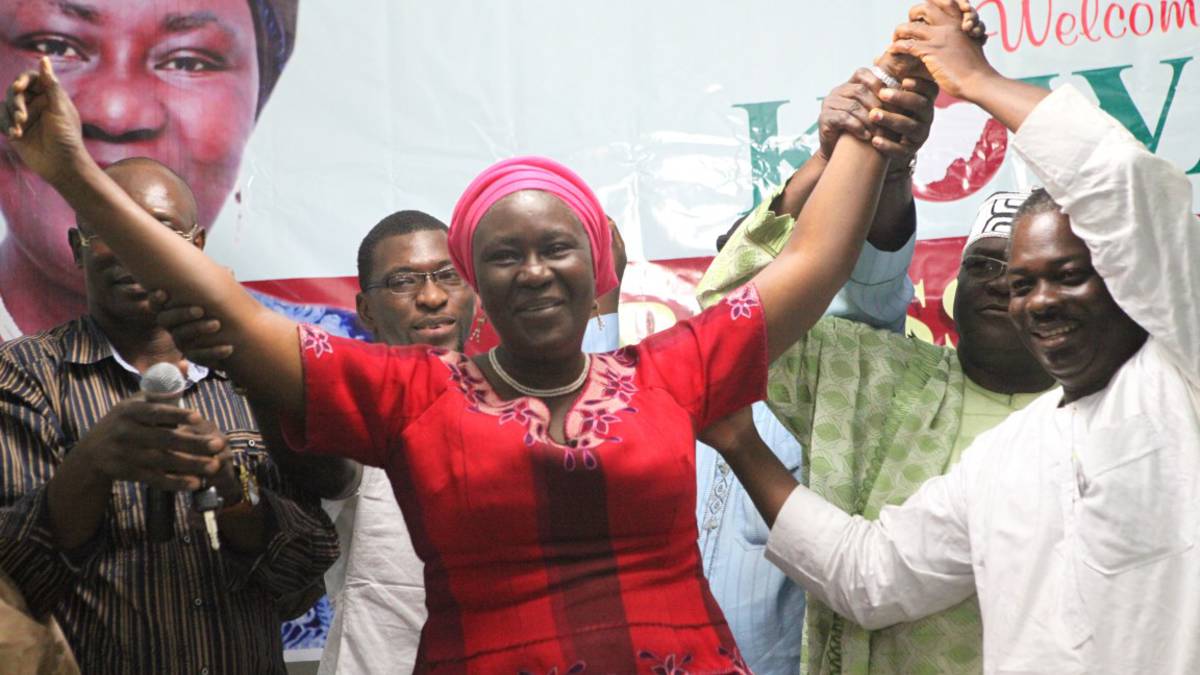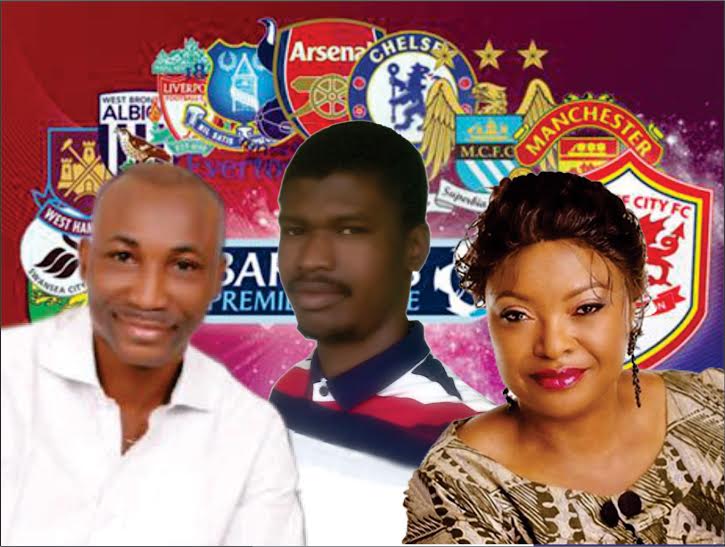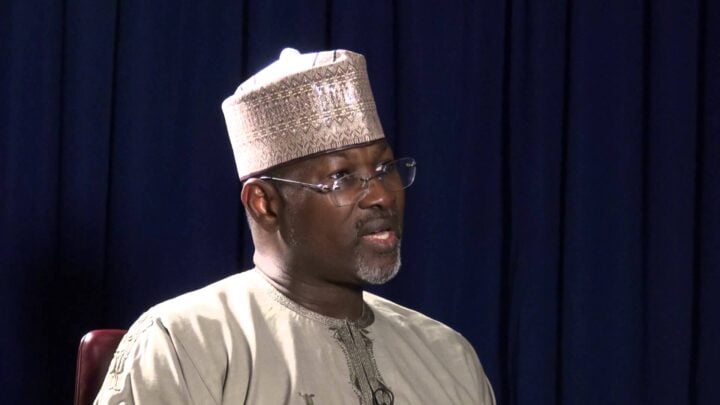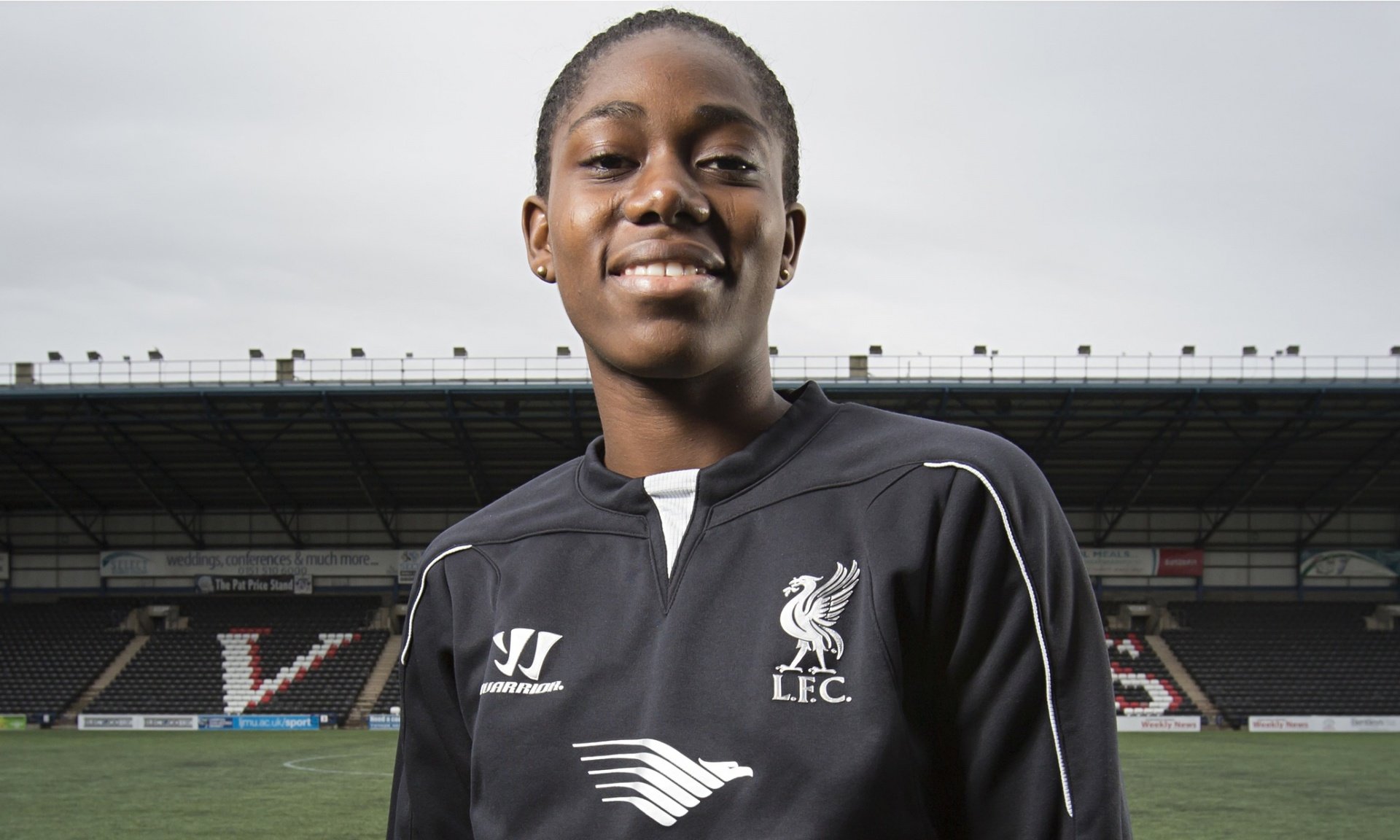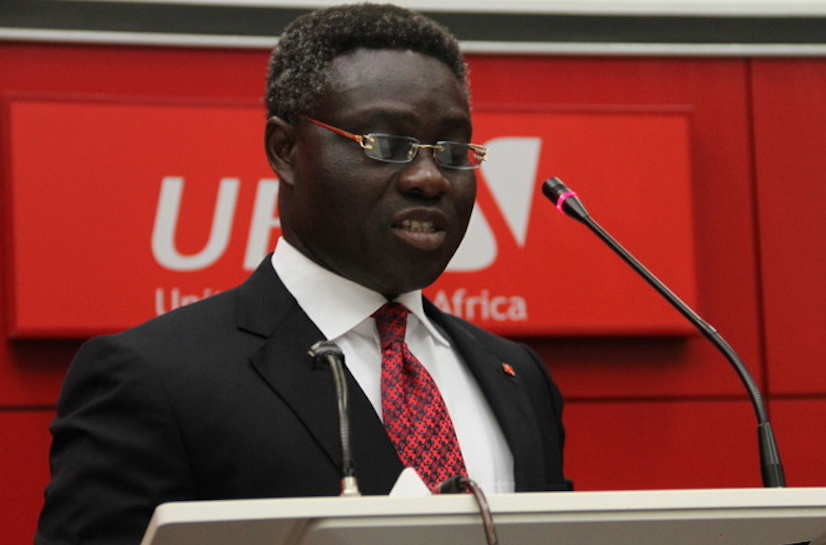I knew Oluremi Sonaiya could not become Nigeria’s president from the day I heard her say she was contesting as an “ordinary” Nigerian, a “true representative of the people”. In Nigeria, “ordinary” candidates do not win; and winners are more representative of the will of the elite ruling class rather than the people.
Yet it took only a few seconds of watching Sonaiya speak at the tenuous Abuja Peace Accord for me to conclude there was something presidential about the candidate of KOWA Party. Two subsequent telephone conversations reinforced that conviction. Sonaiya wears an assuring aura of self-belief you would not find in either a Goodluck Jonathan – or a Muhammadu Buhari before the widely-applauded Chatham House presentation.
Of all the 14 presidential candidates, it is Sonaiya who can reproduce for Nigerians, the pride of the average American after Barack Obama’s Selma speech, or the fulfilment of the Israeli (even if it had little influence on his estimated voting patterns) with the fervour of Benjamin Netanyahu’s speech to the US congress.
While leadership is not in any way defined by oratory, Nigeria, with its huge population of disenchanted citizens, needs a leader who can reignite public belief in the possibility of a more prosperous country.
Advertisement
Were the choice of Nigeria’s next president to be influenced by what exactly the candidates have made of their lives, we would never discuss a March 28 election where Sonaiya is no frontrunner. Throughout her educational and professional life in Nigerian and foreign schools, the professor of linguistics has excelled, receiving numerous international research grants and fellowships, including the French Government Grant for Advanced Researchers and the German Alexander von Humboldt Research Fellowship. Yet personal experience and narrations of her colleagues and students point at a woman whose ways are shorn of the trappings of professorial power, whose humility and modesty belie her numerous career highs.
Understandably, no one should take the flak for the inability of Sonaiya’s KOWA Party to fund a nationwide campaign, but nothing could be more self-defeating than the what-political-office-has-she-held question. Too many Nigerians are fascinated by official titles rather than track records.
If it were by offices held, then an election should not be holding in the first place, so that Goodluck Jonathan – having been deputy governor, governor, vice president, acting president and president – is simply nominated for a second term. Yet, aside the hordes of PDP loyalists, ethnic jingoists and those whose livelihoods utterly or implicitly depend on the PDP government, there are very few people who truly believe Jonathan deserves re-election.
Advertisement
‘ACADEMIC’ OUTCASTS
The Nigerian electioneering space is notorious for its hostility towards academics, and the most fatal victim is Pat Utomi, the respected professor of political economy who had two woefully unsuccessful shots at the presidency. Born to southern parents, Utomi was raised in the north and partly schooled in the east before travelling out of Nigeria for post-graduate studies.
After returning to work for the Shehu Shagari administration (first providing consultancy on public policy and later as special assistant) and over the years remaining nationally prominent in political and economic discourses, he must have fancied his chances in 2007 when he ran against the late Umaru Yar’Adua.
With 50,840 votes, representing 0.14 percent of total votes cast, he ranked ninth out of 18 aspirants. His second attempt in 2011 ended in a far more disastrous run of 11,544 votes (0.13 percent) and a 19th-place finish of 20 candidates.
DEMOCRACY ON TRIAL
By all standards, the upcoming presidential election has been widely – correctly, too – described as a referendum on Jonathan’s government. But in addition, it is nothing more than a popularity contest, or else, as Victoria Ibezim-Ohaeri wrote, Yemi Osinbajo, Buhari’s running mate, would actually have been the opposition’s presidential candidate – or, as suggested here, Babatunde Fashola, the outgoing governor of Lagos who offers far more leadership appeal than Buhari.
Advertisement
I do not think there is any conscientious Nigerian who doesn’t understand that Nigeria deserves a better president than Jonathan; I imagine that the president’s most ardent supporters are only saying Buhari is not that needed alternative. Similarly, the most obstinate Buhari proponents would admit that he comes with an age and dictatorial baggage they would rather he didn’t have.
I do not envy the Nigerian electorate who are stuck with the task of settling for the lesser of two evils. As a journalist who would be working on election day, I technically have no vote. And although I do not share the relief of The Economist with not having a vote, I am completely in tune with its sentiment that a former dictator is a better choice than a failed president.
Wherever the pendulum swings on March 28, the brightest spot of Nigeria’s 2015 election will be the crash of the PDP hegemony and the emergence of formidable opposition. But ahead of 2019, Nigerians need a reorientation that deliberately seeks out candidates on the basis of their leadership potentials and not just popularity, so that the promising but relatively unpopular Sonaiyas of this world will have a chance. That is the next mature leap Nigerian democracy must make.
This piece was originally published by AlJazeera
Advertisement
Add a comment
